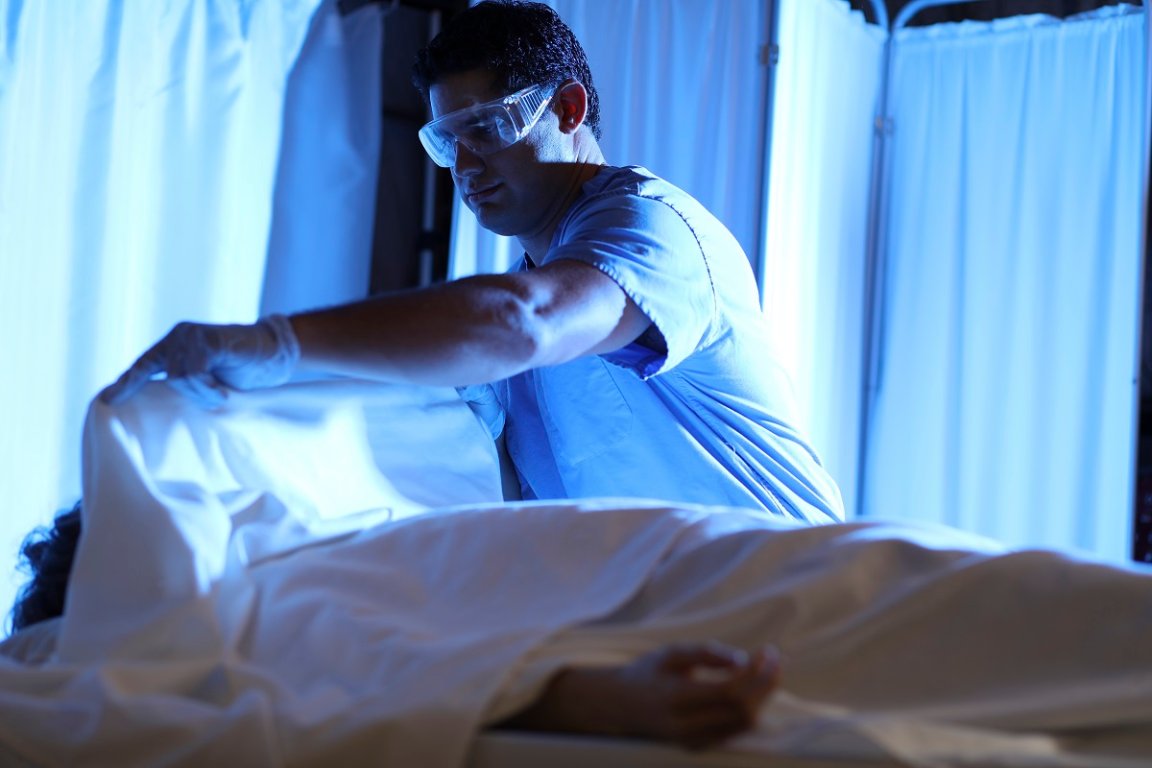
When you die, your memories die with you, never to be experienced again. Or at least, that’s always been how the case.
Now, though, in an exercise to assess shifting scientific consensus, a cohort of 312 neuroscientists were quizzed by researchers on whether memories might live on in the structure of deceased brains. And a surprisingly larger number — 70.7 percent of the group — believe they may, findings which were newly published in the science journal PLOS One.
In addition, about 40 percent of those surveyed said they think it will be possible in the future to extract these memories from actual preserved parts or the entire brain of the deceased.
The neuroscientists also gave a tentative roadmap for how that could unfold. They estimated that scientists would be able to resurrect memories from dead roundworms by 2045, and then from lab mice brains by 2065. For humans, scientists might achieve this incredible feat by 2125, the neuroscientists estimated.
“That’s a substantial chunk of neuroscientists who think there’s a very real chance that it will work, and my guess is that actually that number will creep up over time as we get better at doing these brain implants, emulations, all these other things,” Ariel Zeleznikow-Johnston, a research fellow at Monash University in Australia and the paper’s first author, told IFL Science, which flagged the research.
One major roadblock: there isn’t yet a consensus on exactly how memories are stored. Zeleznikow-Johnston told IFL Science he thinks preserving the brain’s connectome, which are neural pathways, would probably be the key to preserving, extracting and recalling memories from the dead.
Before all this stuff happens, lots of major work needs to happen. But advanced tools such as AI could give scientists a significant boost in efforts to decode the human brain and possibly even decode memories from the deceased.
If it does come to pass, we can barely imagine the ethical questions that would arise from such a feat.
More on neuroscience: Scientists Scanned the Brains of Authoritarians and Found Something Weird